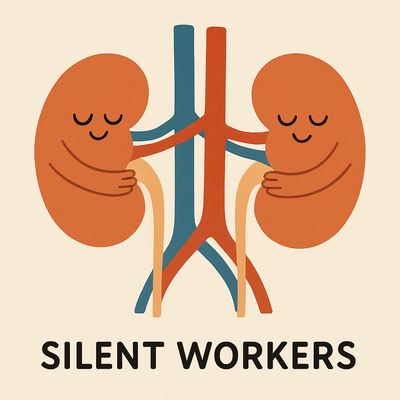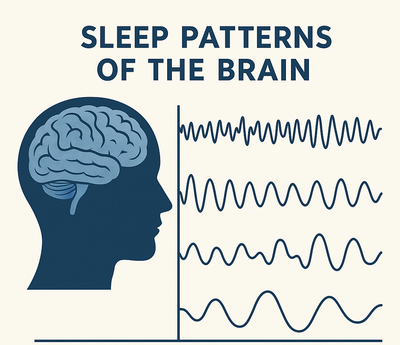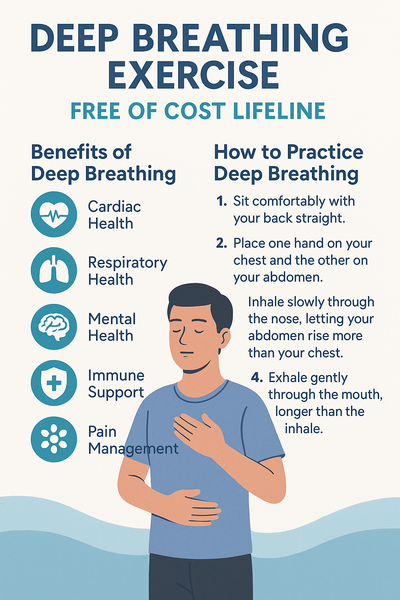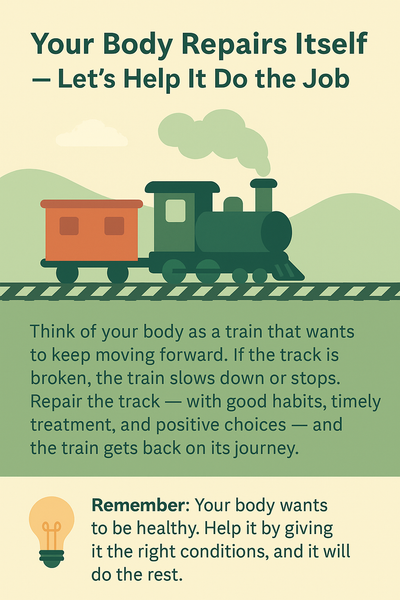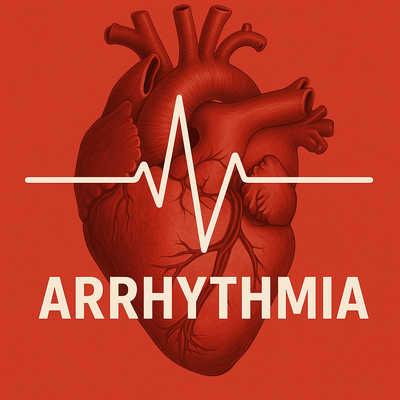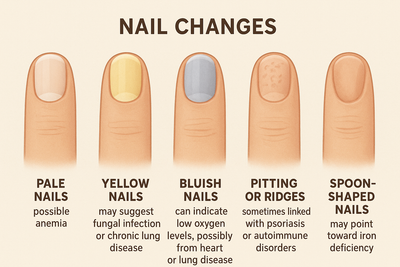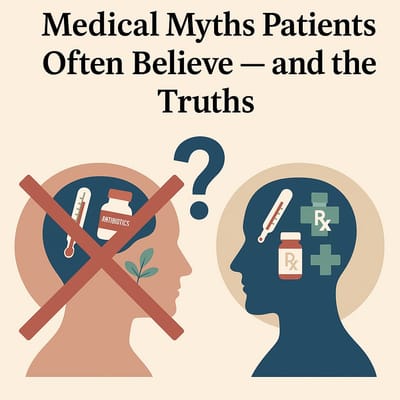Articles #young doctors
Your kidneys are working right now — quietly, continuously, and without complaint — to keep you alive. Each about the size of a fist, tucked under your ribcage towards your back, these bean-shaped organs filter roughly 50 gallons of blood every single day. They remove waste, balance electrolytes, regulate blood pressure, and even influence your bone strength and red blood cell production. Despite this incredible workload, most people rarely give their kidneys a second thought — until something goes wrong.
Read MoreAs physicians, we often remind patients that sleep is not simply a pause in daily activity—it is an active, restorative process that keeps the body and mind functioning at their best. Sleep is as vital as food, water, and oxygen, yet it remains one of the most undervalued elements of health. Modern lifestyles have pushed sleep into the background, often treated as optional, when in reality, it is the time during which the body performs its deepest and most necessary repairs.
Read MoreAs physicians, we often emphasize medications, investigations, and procedures to manage diseases. Yet, one of the most powerful tools for restoring balance, preventing illness, and even saving lives comes not from a pharmacy or an operating room—but from within our own body. That tool is deep breathing.
Read MoreAs physicians, one of the most remarkable observations we make daily is the body’s inherent tendency to heal itself. No matter how complex the disruption — be it an infection, inflammation, injury, or even emotional stress — the human body carries within it the machinery for repair and restoration.
Read MoreThe human heart is designed to beat in a steady, rhythmic pattern, ensuring blood reaches every organ with precision. When this rhythm is disturbed, it is known as an arrhythmia or heart rhythm disorder.
Read MoreInflammation is the body’s natural defense mechanism, designed to protect against infections, injuries, and toxins. However, when this process becomes chronic, it silently contributes to a wide range of diseases—ranging from heart disease and diabetes to arthritis and even certain cancers.
Read MoreNails are often overlooked in daily medical assessment, yet they are windows into our inner health. Subtle changes in their color, shape, thickness, or surface may reflect not only local conditions but also systemic diseases. From nutritional deficiencies to chronic organ dysfunction, nails silently record what the body endures. A physician who trains the eye to read these signs can often detect illness earlier than routine laboratory investigations.
Read MoreLongevity is not just about adding years to life, but adding life to years. As physicians, we recognize that the journey toward healthy aging is built on daily habits, preventive health measures, and timely medical care.
Read MoreMedicine and health are fields where myths and misconceptions often spread faster than facts. From household remedies passed down through generations to half-truths circulating online, patients frequently come to clinics with firm beliefs that may not be supported by science.
Read MoreInflammation is the body’s natural defense mechanism against injury, infection, or harmful stimuli. However, when inflammation becomes chronic, it can silently damage tissues, contribute to arthritis, heart disease, diabetes, and even cancer.
Read More
